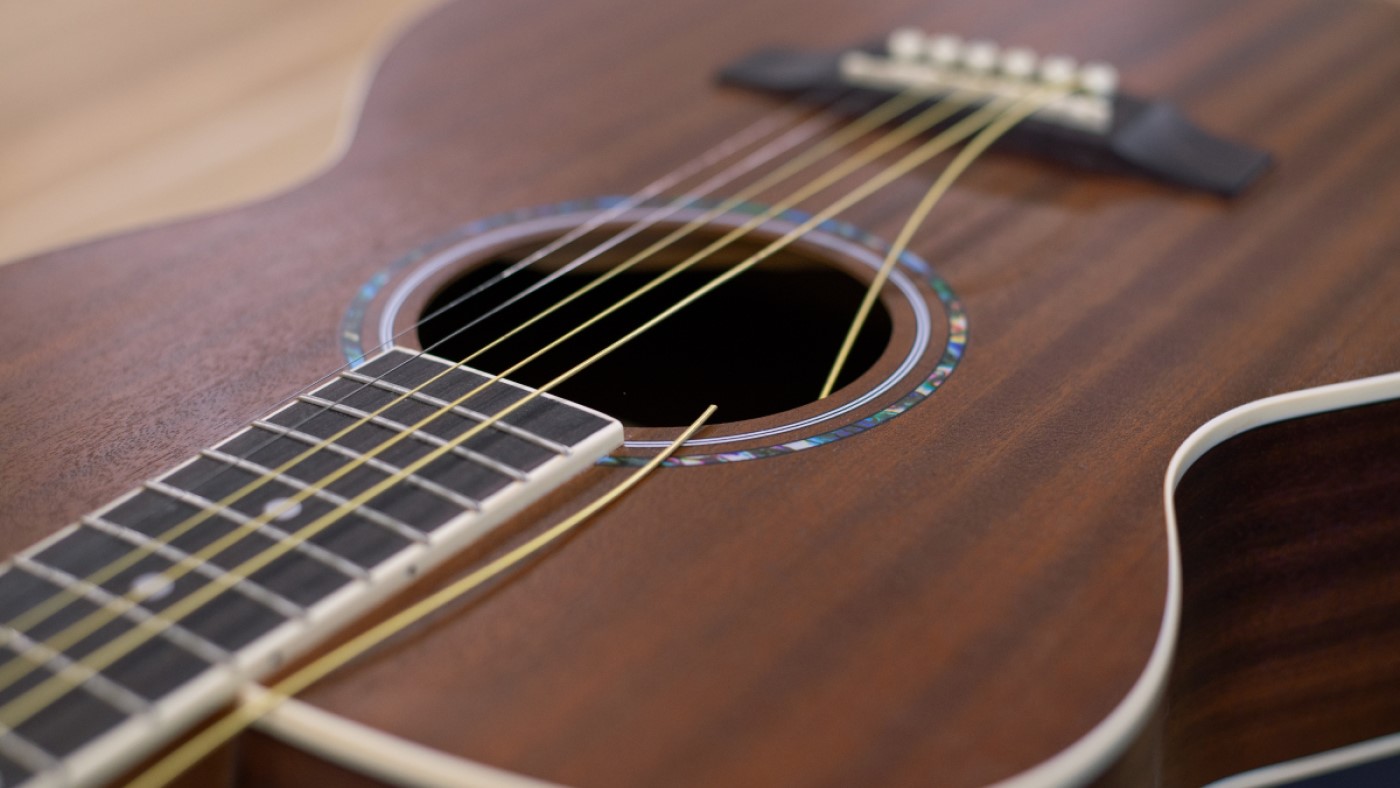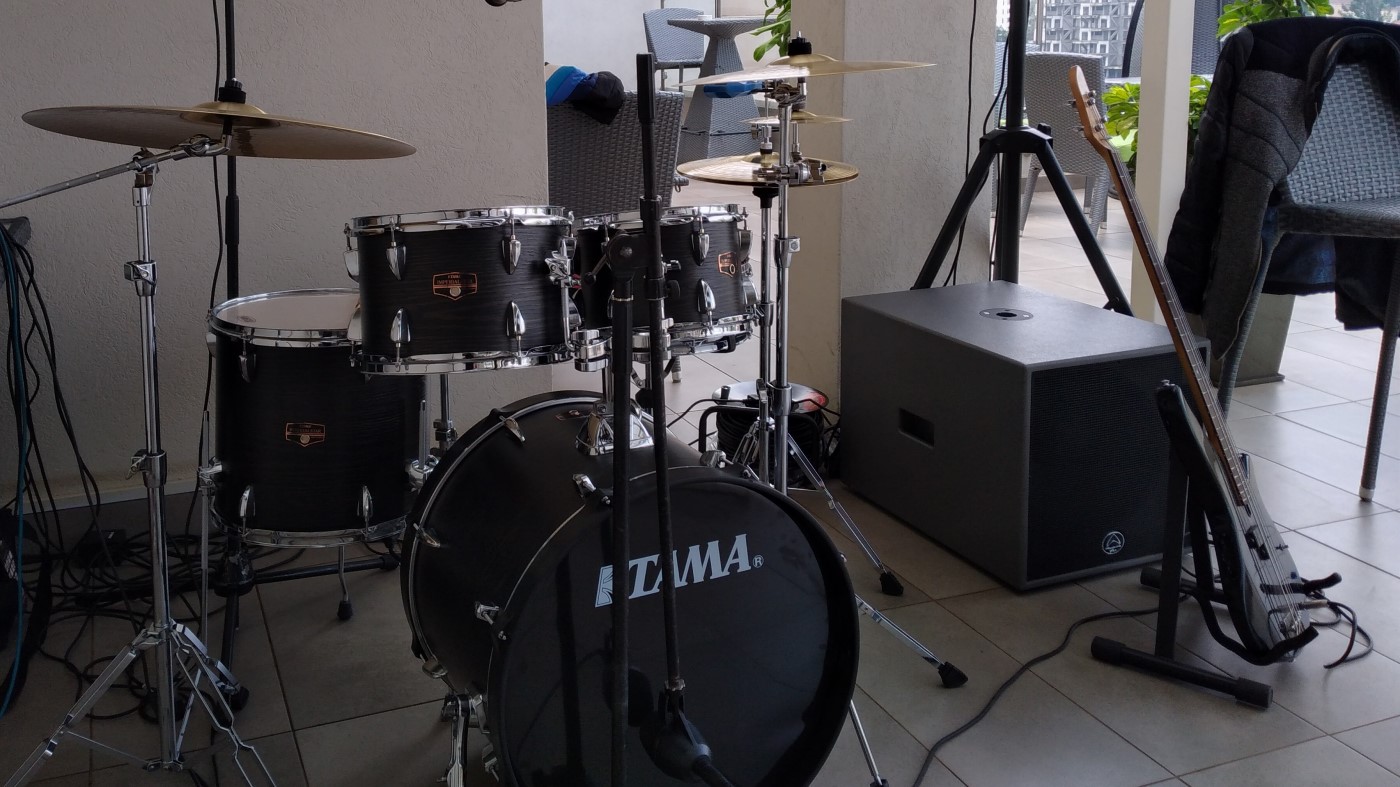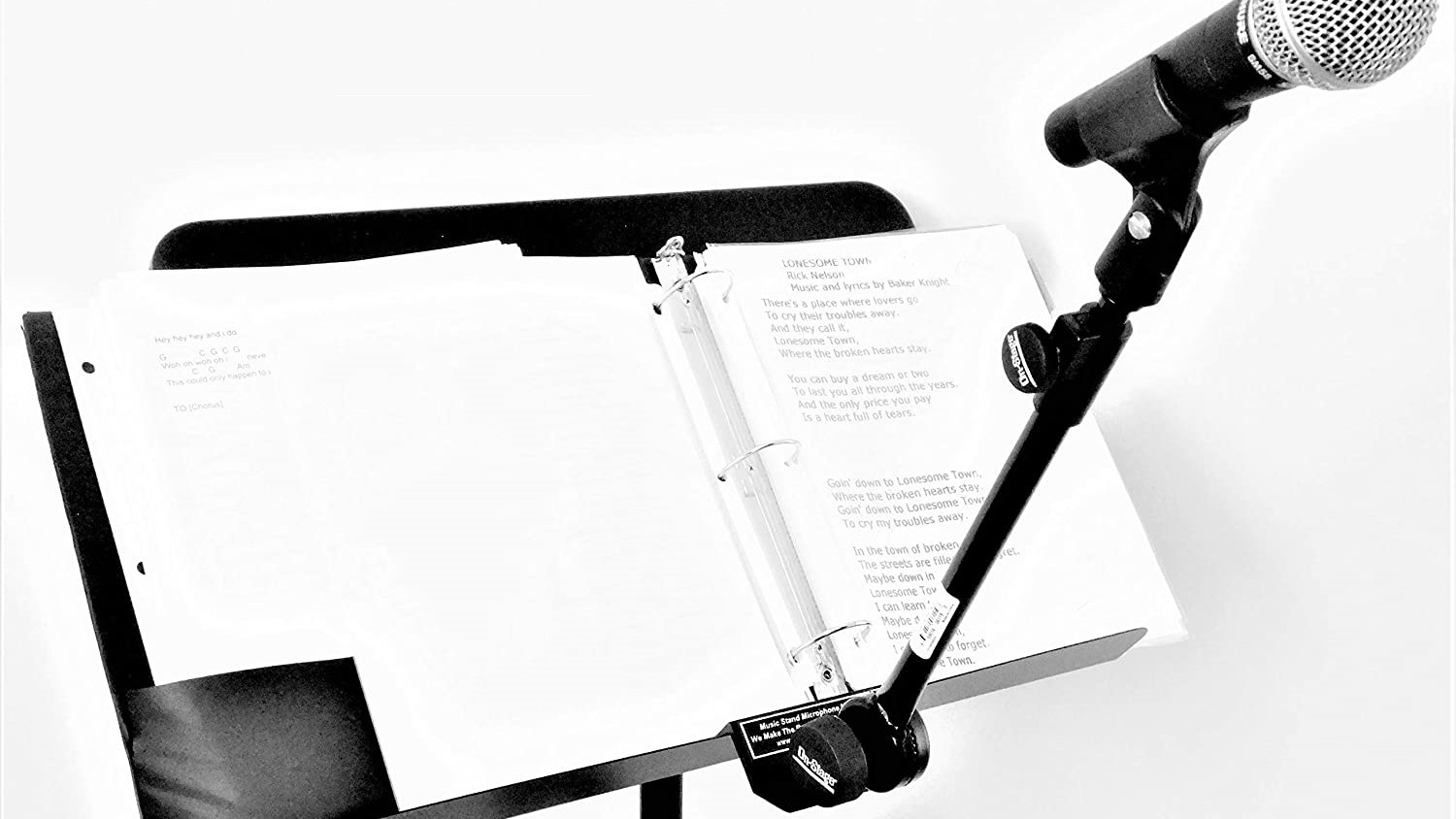Most people involved in regular cover live band gigs in Kenya learn the top ten mistakes to avoid the hard way: through bitter experience. But it doesn’t have to be like that for you. This article hopes to help you learn from the people who’ve been through this before. So grab onto the gems in these tips – they are as a result of years of hard work playing in clubs, bars, hotels, restaurants , weddings and corporate functions across Kenya.
Were going to order the list in reverse. Starting from 10.
10.) Spares! Spares! Spares – Always have spares when travelling for a show.
 My guitar strings have broken while on stage countless times. Sometimes they are a fresh batch of newly fitted D’Adarrios. Quality strings by any standard. You play a couple of songs in a hot steamy room and get to that highly anticipated solo. You step on the effects pedal to set your best sound and go on to shred those strings. Pull, bend, slide…. Pull, bend, slide…. Then you hear that dreaded sound of the lower E string breaking! “Taaah…” My goodness.
My guitar strings have broken while on stage countless times. Sometimes they are a fresh batch of newly fitted D’Adarrios. Quality strings by any standard. You play a couple of songs in a hot steamy room and get to that highly anticipated solo. You step on the effects pedal to set your best sound and go on to shred those strings. Pull, bend, slide…. Pull, bend, slide…. Then you hear that dreaded sound of the lower E string breaking! “Taaah…” My goodness.
How do you finish the solo now? You can’t help but laugh at the fact that right before you left the house you thought about carrying a spare set but you thought – “No, these strings are new. There’s no way they can break!…”
Lesson learned: no matter how unlikely the chances of something going wrong, something CAN go wrong. So carry spares at all times. For guitarists you either carry a spare guitar or a spare set of strings or carry both.
9.) Equipment! Equipment! What’s the best equipment to buy?
When I started performing in a cover live band I thought – “I love how band X sounds. Crisp vocals, clean guitars and with an overall balanced sound. It must be their P.A system”. Their speakers of choice were Peaveys. They were big SP4s and really looked cool. “If I could get my hands on them then I would be set!” So when I heard that the band was selling their gear because of other commitments I jumped onto the opportunity. I gathered my little savings and offered to buy the used (but still in good shape) equipment.
I borrowed a station wagon vehicle from my parents (Subaru Leone) to go collect my new acquisition. And that’s when my problems began. I realised quickly that the sound was so bulky that I would have to hire another vehicle to ferry it to my shows. Of course that would mean incurring extra cost in an already strained budget. To make matters worse I used to live on the third floor of a flat that had no lifts!
Lesson learned: Be patient. Take your time to carefully consider your unique situation before buying sound equipment. Never compromise on sound quality, but carefully consider the weight, size and mobility of the system you choose.

8.) Are you sure everything is packed?
You live in Nairobi and have been booked for a gig in Mombasa (Around 600Km away). You plan to leave by 5am so that you get to your destination by latest midday. Unfortunately, the night before you had a gig and slept a bit late. So on the day you’re supposed to leave you wake up at 5:30am.
So now you’re late and you start scrambling to leave in a huff. You have no checklist and your gear is all over the place. Basically, there is no order whatsoever in your process. You grab things here and there and do a quick visual check and think “Great! Everything’s packed” and off you go. Because you’re tired you sleep in the car. 60 kilometres into the journey, near Machakos town, you wake up, eyes wide open like you’ve seen a ghost, screaming “STOP!” Stop stop stop…” I think I left…
Lesson learned: Do not trust a visual check. Have a check list of items that you tick off every time you have to travel for a show. You’re better off being a bit late for a gig than showing up on time with no gear to perform with…
7.) Tonight’s band will mostly consist of…. Zong Zing
Most cover live bands allow their members to occasionally arrange someone to cover for them if they have an unavoidable prior commitment. However, there is a huge difference in quality between a band made up of musicians who play regularly together and a band consisting nearly entirely of guys covering for someone (however individually talented) who just met for the first time in the car park of a venue.
The best-sounding bands are the ones where the core musicians do nearly all the gigs; so it’s really important that all the musicians in your band are committed and make space for gigs in their calendars. Bear in mind that if you gig with a line up which is considerably different to the one your customer booked, unless you previously made the customer aware that the line up they get might be different from that which was advertised to them – then you might lose future business.
Lesson learned: for the best quality band get a regular line of core band members. If you need to use a flexible line up make sure the replacements also play together with the other band members from time to time so they are no stranger to the band’s setlist/repertoire. It is also important to inform the client when a key member of the band changes. For instance, the vocalist who is usually the default “face of the band”.
6.) We can’t play that
We’ve had situations where a client books a Jazz band. The band’s videos clearly show the band playing Jazz music. The client confirms that they want Jazz music. But what they really mean is they want music that “jazzes” them. In local slang it means music that makes them happy. So you can imagine the shock on the Jazz band’s faces when the client asks for “Ninogeshe” a Tanzanian bongo song.
The other often-misunderstood terminology is “Classical”. When a client in Kenya says “I want classical music” what they mostly mean is that they want classic music. Loosely translated to mean older music – like that played on Classic 105 fm.
Lesson learned: Talk to your customers in detail about what they want and don’t ever assume they already understand what you do – even if they’ve seen your web site and listened to your demos. Not all customers are music savvy and so might not understand that your live band specialises in a specific type of music.
5.) It’s not a dictatorship
Most bands break up because there is a dominant band member who makes decisions and imposes them on the other band members. It may work for some time because that dominant band member has some leverage of some sort. But eventually people get tired of that form of autocratic leadership and rebel, leading to disbanding.
A band should be more like a group project where everyone contributes and their suggestions are taken seriously. Before any major decisions are made the band leader should consult the other band members so that the entire band or at least the majority is on board.
Lesson learned: You’ll get more commitment and effort from band members if they feel involved. The band leader should try to ensure that everyone gets a say and that big decisions are democratic.
4.) Some clients can be difficult, some gigs are disastrous but keep Calm
One thing I’ve noticed is bands comprised of younger people have good gigs and bad gigs, and that largely depends on what mood the band is in when they hit the stage.
More mature/experienced bands have learned a crucial skill: switching off from everything else that’s going on, and focusing on the playing. Their motto is: “It’s not gonna affect my performance… I’m a professional, I’ll rise above it.”
Lesson learned: The bottom line is – it’s a job – and we’re expected to act professionally at all times. We should make sure every band member understands this, and also that they understand what’s expected of them once they’re at the gig. Save arguments for a separate band meeting away from the gig.
3) Leave the sheet music at home and your phone in your pocket
Many bands start out with a set of charts and play on a stage littered with music stands. In recent times this has also switched to singers reading lyrics off phones and iPads. That is understandable when a band is starting but that should not be the case 3 months down the line.
We expect our regular musicians to know the set off by heart. You’re never going to get the best performance out of people who aren’t making eye contact with each other or the audience, so put the time in and learn the set properly. Instrumentalists should master their parts and singers should master the lyrics.
Lesson learned: Everyone should learn their parts – by heart!

2) Keep of the open (free) bar!
This is one issue where every band I know has more than a few good stories to tell, usually starting with “remember the time when…?” A quiet pint before the show can do wonders for people’s confidence, but the advice here is:
Lesson learned: Know Your Limits. If you can’t stop yourself – do not start!
1) Don’t fight/ argue with your audience/client
99% of our events are uneventful and carry on smoothly with no incidents. But once in a while we’ve had incidents of guests getting drunk and insulting band members, getting into confrontations or damaging band property. We know band leaders who’ve had very unfortunate incidents of this nature and incurred immense losses.
In most such cases the client compensates the band. But if the band breaks into a fight with the guest that then changes the dynamics.
Lesson learned: The rule of thumb is first to make sure there is a clause protecting the band and its property in the contract. Secondly, walk away from such situations and alert a responsible guest/client who can handle the inebriated guest on your behalf. Do not engage an intoxicated/disturbed guest!
You must be logged in to post a comment.